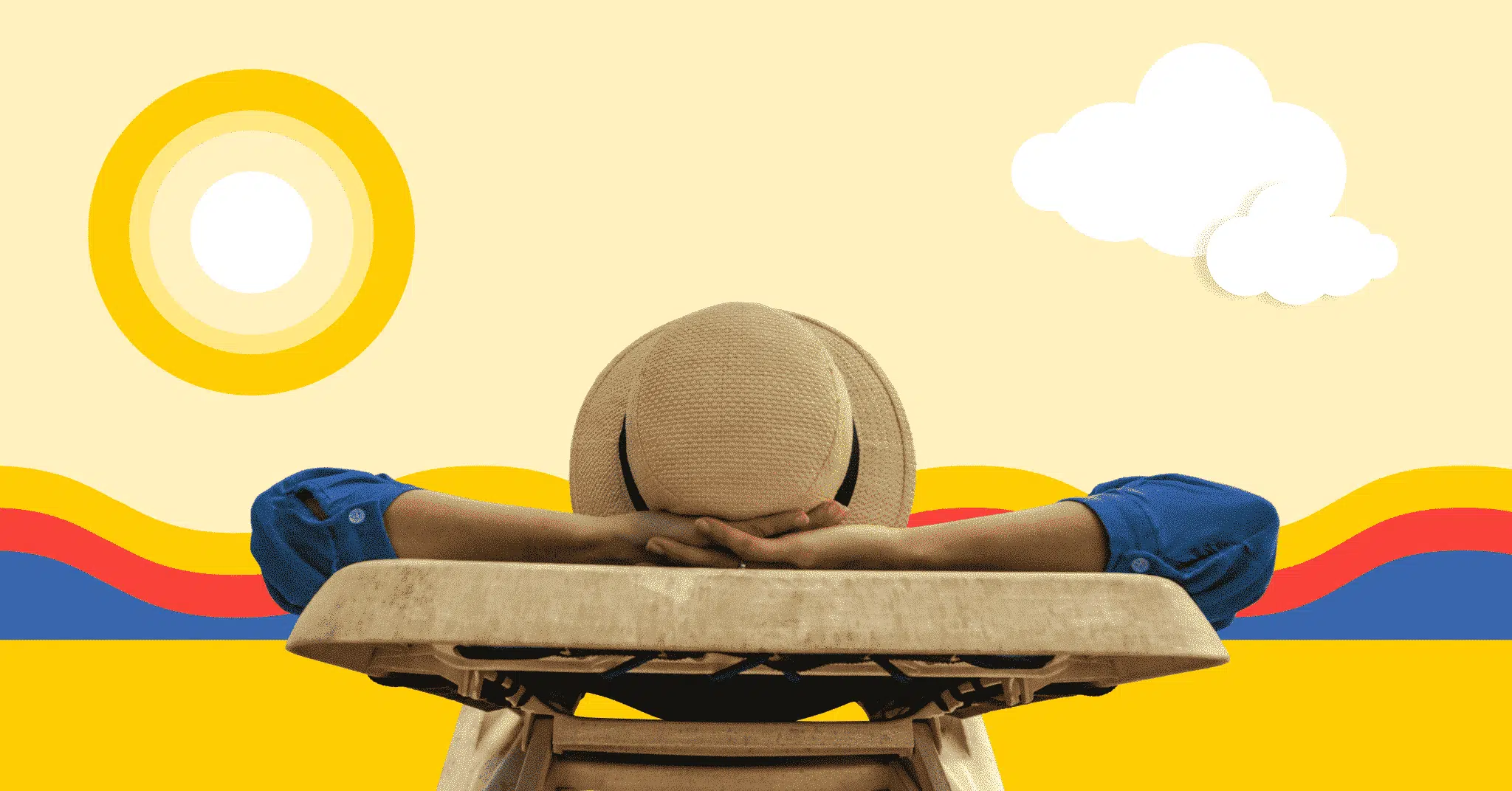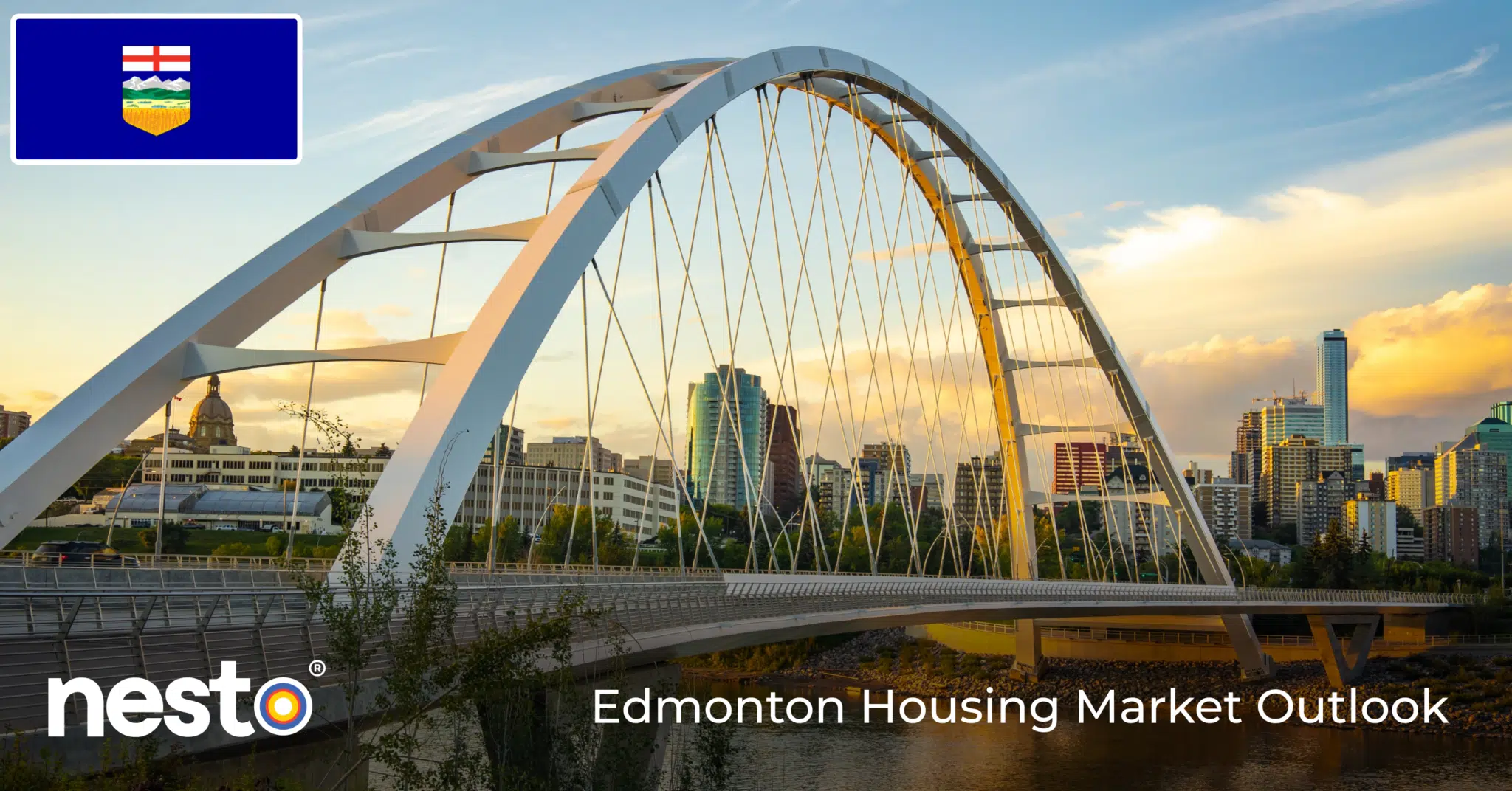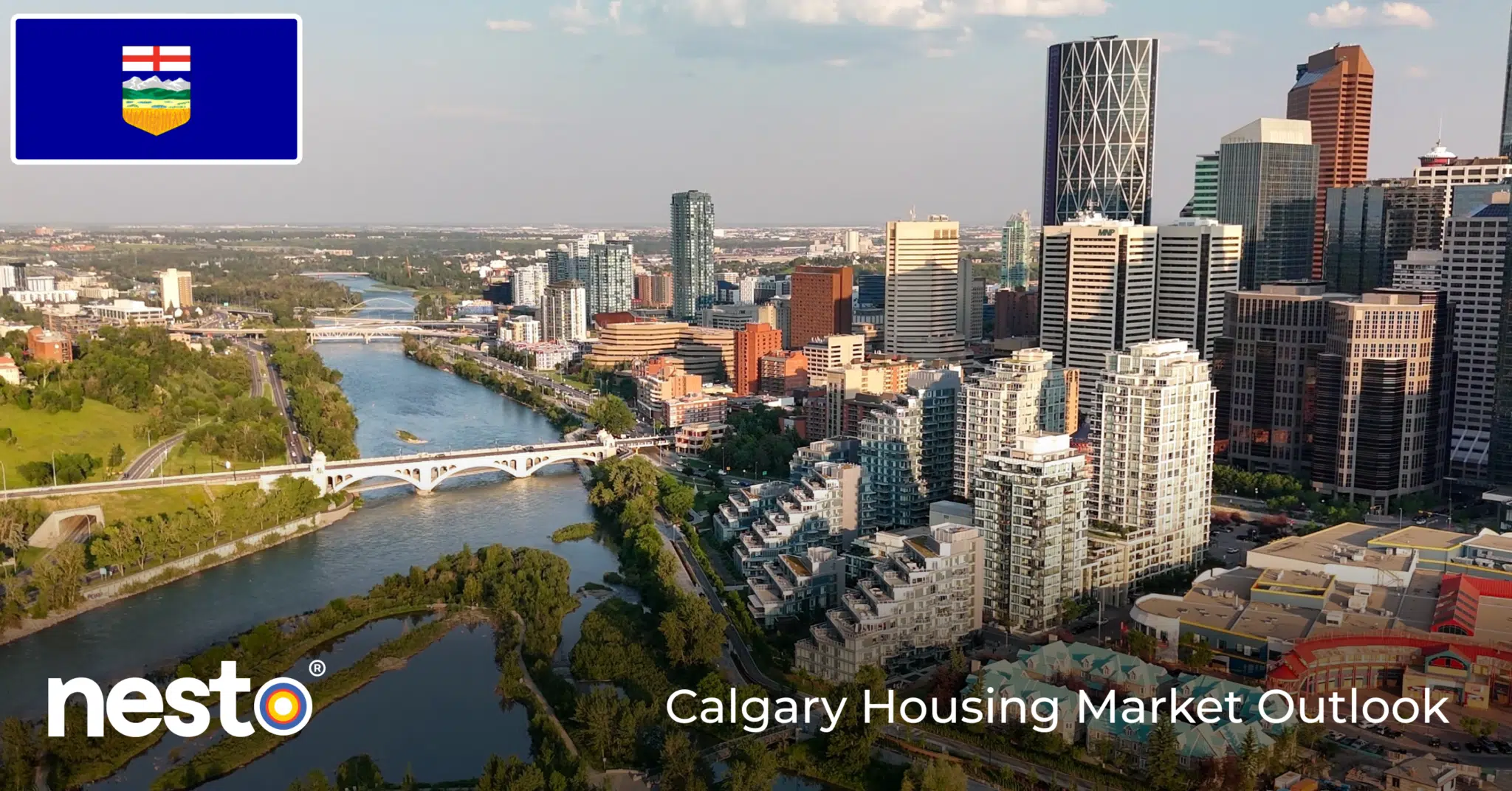5 Tips to Reach Financial Independence and Pay Off Your Mortgage

Table of contents
*This post was written by our partner Hardbacon
Buying a house is the most expensive purchase you will ever make and the largest debt obligation you’ll ever have. With real estate prices on the rise, many Canadians are feeling the weight of such a huge financial burden. But when the average cost of a house in Canada is just under $700,000, how can anyone get out from under their mortgage debt and achieve real financial independence? Well, with a couple of bootstraps and these 5 simple tips, you can become mortgage-free sooner than you ever thought possible.
1. Shop for the best mortgage interest rate
Set yourself up for success by finding the lowest possible mortgage interest rate. Finding or negotiating the best rate is the most important part of your plan to become mortgage-free. That’s because your mortgage payment consists of two key components: principle and interest. Your principal is the original amount you borrowed to purchase your house. Interest is what you pay to the bank on top of the original amount you borrowed. Interest is how the bank makes their money off your mortgage, it’s their profit.
The amount of interest you end up paying back to the bank depends on the mortgage interest rate; the price the bank charges you to borrow from them. The higher the interest rate, the more you pay to the bank as profit and the less you pay to your principal mortgage balance owing. The lower your mortgage interest rate, the less you pay towards interest and more of your payment goes to paying down your principal balance. Your mortgage interest rate influences how quickly you can pay off your mortgage.
2. Purchase a house below your budget
Go big or go home, except in real estate. When it comes to paying off your mortgage, bigger is not better. The more you borrow from the bank to purchase a house, the bigger your mortgage payment will be and you will pay a lot more interest too. If you shop at the very top of your budget, you’ll end up paying higher closing costs and related fees. If you buy at the top end of your budget, you can also expect a higher price tag on your property taxes, utilities, property insurance, and general maintenance as well.
That’s not great news for your wallet or your financial goals. You run the risk of being house poor, which means once you pay for your mortgage and homeownership costs, you can’t afford much else. If you don’t have enough disposable income left you’ll miss out on taking advantage of your mortgage prepayment privileges. Not to mention, bigger mortgages and longer amortization periods go hand in hand. If you shop at the top of your price range, you’ll likely have to stretch out your amortization period to keep that mortgage payment affordable. That immediately increases the life of your mortgage and increases the total interest payback as well. Any extra payments you make to pay down your principal balance are less impactful since you’ll have higher interest charges to pay off first. Less house equals more independence.
3. Use the Home Buyer’s Plan
In the 1990’s the Government of Canada introduced the Home Buyer’s Plan (HBP) that allows Canadians to purchase their first home using the funds in their Registered Retirement Savings Plan (RRSP). Essentially, it is an interest-free loan you can borrow from yourself to help you buy a house, as long as you pay it all back to your RRSP within 15 years. Today, you can borrow up to $60,000 from your RRSP to use as a downpayment. If you’re struggling to save up a 20% down payment for a house, try tapping into your RRSP’s under the HBP to make up the difference. Doing so will reduce the size of your mortgage balance, reduce your interest payback and free up your budget to make extra payments towards your mortgage to pay it down faster.
If you can’t provide a 20% downpayment for a conventional mortgage, you’ll need expensive mortgage default insurance through a provider like the Canadian Mortgage and Housing Corporation (CMHC). That’s because they allow you to put just 5% down on a property purchase. They provide mortgage default insurance to your mortgage lender to protect the lender in the event you cannot make your mortgage payments. That insurance gets added onto your total mortgage balance and is subject to mortgage interest rate charges. CMHC mortgages are quite expensive; the default insurance eats up a good portion of the equity from your down payment. Also, since the premiums are added to your mortgage balance, they are subject to interest. That means more of your monthly mortgage payment is going to interest and less to principal. You’ll need to work on paying down your mortgage more aggressively to make up for lost time and extra interest.
Beginning your home journey?
Start with a low rate.
Chat with a nesto expert today, commission-free, and secure your rate.
4. Choose the shortest amortization you can afford
In the words of Canada.ca, “The amortization period is the length of time it takes to pay off a mortgage in full. The amortization is an estimate based on the interest rate for your current term.” Suffice it to say, if you want to pay off your mortgage and achieve financial independence sooner rather than later, choose the shortest amortization you can afford.
The shorter your amortization period, the higher your monthly mortgage payment will be. But that’s OK. This method immediately shortens the life of your mortgage without you having to make any major lifestyle changes. It also means you’ll pay less interest overall. By choosing a 15 year amortization period instead of 25 or 30, you’ll save tens of thousands of dollars in mortgage payments and interest charges. You’ll be mortgage-free 10 to 15 years sooner without having to budget carefully or strategize the best way to use your prepayment privileges. You’ll automatically be closer to mortgage-free financial independence.
5. Use your prepayment privileges
Every mortgage lender offers some type of prepayment privilege to borrowers. However, what those privileges are and when you can use them differ greatly from lender to lender. Some will only let you apply a lump sum payment once a year on the anniversary date of your mortgage. While others let you make extra payments anytime that’s convenient for you, up to a maximum percentage of your original mortgage balance. For example, some lenders will let you put extra payments towards your principal mortgage equal to 10% of your original mortgage balance. That means if your original mortgage was $300,000, you can make extra payments up to a total of $30,000 a year.
By taking advantage of your prepayment privileges you’ll take years off the life of your mortgage and save yourself thousands of dollars in the process. Since the interest you pay is a percentage of your outstanding mortgage balance, the quicker you reduce your mortgage balance, the less you’ll pay in interest charges. That means if you put down a lump sum payment of $30,000 on to your mortgage, your interest charges going forward will be calculated off that new lower balance. That makes each monthly mortgage payment you make more impactful because more of it will go to your principal and less of it will go to your interest charges. Prepayment privileges are like a one-two punch: they immediately reduce your balance, and they make your monthly payments more effective which accelerates your mortgage pay down even more.
Conclusion
According to a recent CBC article, Canadians are carrying record-breaking mortgage debt. But unfortunately, the average Canadian salary has experienced stagnant growth compared to the cost of housing. Canadians are shackled with higher mortgage balances than at any other point in time. Many Canadian homeowners are struggling to make ends meet, wondering if they’ll ever be mortgage-free. It’s more important than ever to make smart money moves before you purchase a house to ensure you can achieve homeownership and financial independence. These 5 tips will help you put your best foot forward on the road to success.
Ready to get started?
In just a few clicks, you can see our current rates. Then apply for your mortgage online in minutes!















